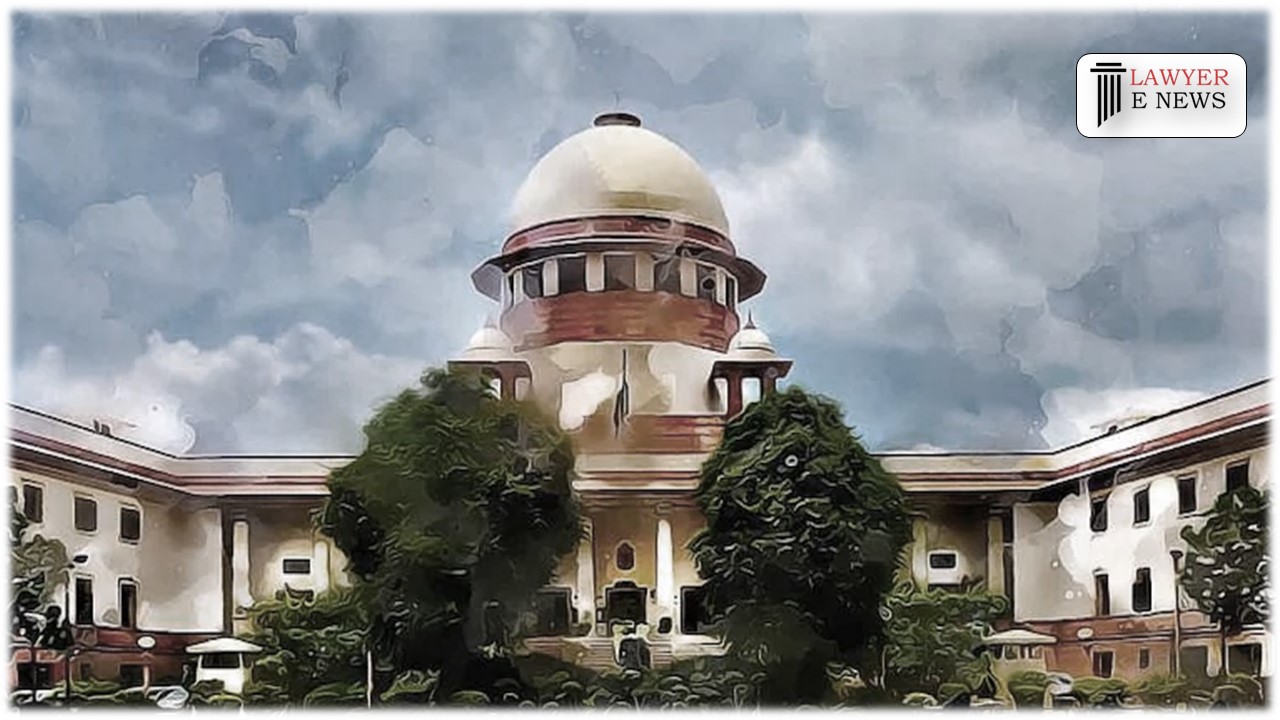-
by sayum
14 February 2026 2:22 PM



In a detailed judgment delivered, the Supreme Court dismissed the appeal in the case of Sukhpal Singh v. NCT of Delhi, thereby upholding the conviction of Sukhpal Singh under Section 302 of the Indian Penal Code for the murder of his wife, Usha. The Bench comprising Justices B.R. Gavai and Sandeep Mehta emphasized that “circumstantial evidence, confessional note, and abscondence conclusively establish guilt.”
The case primarily revolved around the admissibility and reliability of circumstantial evidence, particularly focusing on a confessional note allegedly penned by the appellant, the application of Section 299 of the Code of Criminal Procedure, and the procedural adherence during the criminal trial.
Sukhpal Singh was accused of murdering his wife by manual strangulation, with the incident dating back to May 20, 1990. The prosecution’s case rested heavily on a confessional note recovered at the crime scene, various eyewitness accounts including that of a neighbor, and the suspect’s unexplained abscondence immediately following his wife’s murder.
The Court found the chain of circumstantial evidence to be complete, leading conclusively to the appellant’s guilt. It held that the confessional note, corroborated by handwriting analysis and witness testimonies, significantly bolstered the prosecution’s case.
Justice Mehta detailed the justification for admitting testimonies recorded in the appellant’s absence, citing his prolonged abscondence as a valid reason for the trial court to proceed under Section 299 CrPC. The Court ruled that all procedural requirements had been met, and the evidences were admissible.
The appellant’s failure to explain his immediate disappearance post the crime and his subsequent ten-year absence were considered indicative of guilty behavior, reinforcing the evidence against him.
Decision: The Supreme Court dismissed the appeal, affirming the trial court’s decision to convict Sukhpal Singh of murder and sentence him to life imprisonment. The Court stated, “The prosecution has successfully demonstrated a complete, unbroken chain of evidence pointing directly to the guilt of the accused, thereby negating any possibility of innocence or involvement of another party.”
Date of Decision: May 7, 2024
Sukhpal Singh v. National Capital Territory of Delhi
